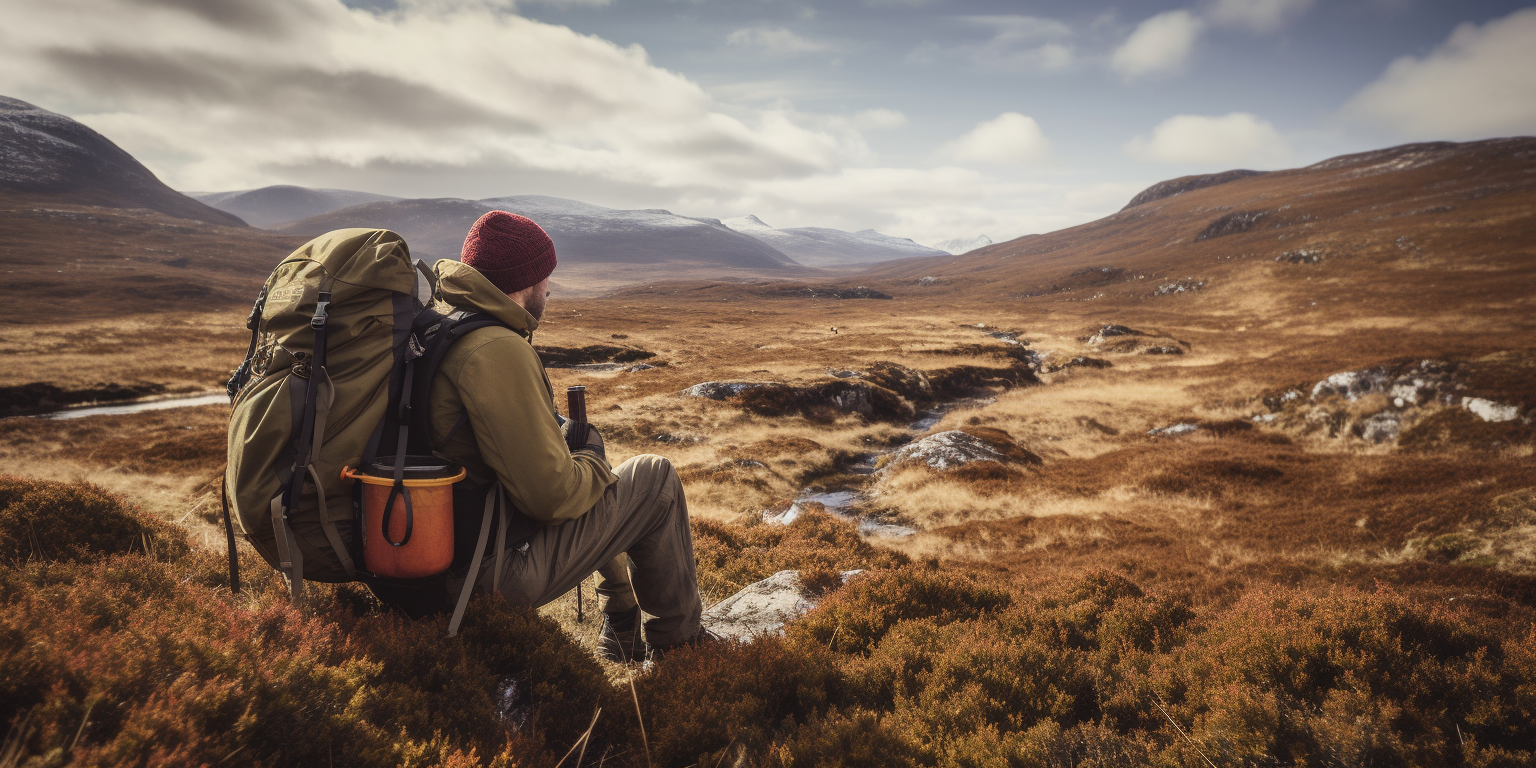
Preparing for a UK Walking Holiday: Tips for Planning and Packing
Preparing for a UK Walking Holiday: Tips for Planning and Packing
Walking holidays offer an unrivalled opportunity to explore the UK's stunning landscapes, from the rugged highlands of Scotland to the serene coastlines of Cornwall. However, the success of such an adventure hinges on thorough preparation and smart packing. This article delves into essential tips for planning and packing for your UK walking holiday, ensuring you’re well-equipped to enjoy the breath-taking vistas and charming locales you’ll encounter along the way.
- Understanding the UK’s Diverse Landscapes
The UK's walking trails traverse a variety of terrains, each presenting unique challenges and rewards. The National Trails, like the picturesque South West Coast Path or the historic Hadrian's Wall Path, offer well-marked routes. The UK actually boasts 16 National Trails, covering over 2,500 miles of impressive and varied landscapes.
- Research and Planning
a. Choosing Your Route: Consider your fitness level and interests. Do you prefer coastal views, mountain climbs, or historical sites? Do you want to end the walk with a refreshing pint or a glass of wine? Researching trails that align with your preferences is key.
b. Weather Considerations: We all know that the UK's weather can be unpredictable. Check historical weather data for your chosen destination and time of year to help guide your planning, but essentially you may need to adjust your plans at the last minute to ensure you've got precisely the right gear.
c. Accommodation: Decide whether you’ll camp or stay in accommodations like B&Bs. Booking in advance is crucial during peak seasons to secure your spots. Camping is far more cost-effective, but there's nothing like a warm bed at the end of a hard day's walk.
- Training for Your Trek
Start a walking regimen weeks before your trip to build endurance and reduce the chance of aches and strains after the first day. Incorporate varied terrains in your training walks to mimic the conditions you’ll face.
- Packing Essentials
a. Footwear: Invest in high-quality, waterproof walking boots or shoes with good grip. Breaking them in before your trip is essential to avoid blisters.
b. Clothing: Adopt the layering system – base layers for moisture management, insulating layers for warmth, and a waterproof, breathable shell layer for protection against rain and wind.
c. Backpack: Choose a comfortable, durable backpack with a rain cover. For day hikes, a 20-30 litre pack should suffice, but longer treks may require up to a 40-liter capacity.
d. Navigation Tools: While many UK trails are well-marked, carrying a detailed map, compass, or GPS device is prudent. Consider downloading offline maps on your smartphone as a backup.
- Health and Safety
a. First Aid Kit: Pack a basic first aid kit tailored to your group's needs, including items like plasters, antiseptic wipes, and any personal medications.
b. Hydration and Nutrition: Carry a reusable water bottle and a portable water filter or purification tablets. High-energy, lightweight snacks like nuts, dried fruits, and energy bars are ideal for refuelling on the go.
c. Sun Protection and Insect Repellent: Even in the UK, sun protection is essential. Pack sunscreen, sunglasses, and a hat. Insect repellent can also be a lifesaver, particularly in Scotland, known for its midges.
- Respecting the Environment
Embrace the Leave No Trace principles to minimize your impact. This includes packing out all your trash, sticking to marked trails to avoid erosion, and being considerate of wildlife and other walkers.
- Local Knowledge
Engaging with local communities and understanding UK walking etiquette can enrich your experience. Always close gates behind you, keep dogs under control, and greet fellow walkers with a friendly nod or "hello".
- Travel Insurance
You might like to consider purchasing travel insurance that covers outdoor activities. Whilst many walking holidays aren't exactly high risk, the more adventurous routes can be challenging, and if the weather changes for the worse, potentially dangerous. Any insurance should include provisions for medical emergencies, trip cancellations, and, if applicable, gear loss or theft.
- Joining Walking Groups or Hiring Guides
For solo travellers or those seeking local expertise, joining a walking group or hiring a guide can provide both companionship and valuable insights into the area’s history and ecology. Companies like Rambler Worldwide offer guided walking tours across the UK (and the world), combining the joy of hiking with the depth of local knowledge.
- Embracing Flexibility
While thorough planning is crucial, maintaining flexibility can lead to unexpected discoveries and experiences. Weather conditions, path closures, or personal fatigue or minor injuries may necessitate changes to your itinerary.
Final Thoughts
Preparing for a UK walking holiday involves a blend of meticulous planning, physical preparation, and strategic packing. By carefully selecting your route, gearing up appropriately, and considering the unique challenges and opportunities presented by the UK's diverse landscapes, you’re setting the stage for an unforgettable adventure.
Suggested Articles
The Ultimate UK Expedition Checklist: Essential Gear for Every British Adventure
The UK, with its diverse landscapes and ever-changing weather conditions, offers a wide array of outdoor adventures. ...
50 Survival Knives: A Comparison Table
There are many different survival knives available, with different attributes, advantages, limitations and price poin...
What to Eat When Hiking or Camping: A Guide to Adventure Food
Introduction: The Importance of Adventure Food Whether you're hiking, camping, or embarking on any other outdoor adve...




